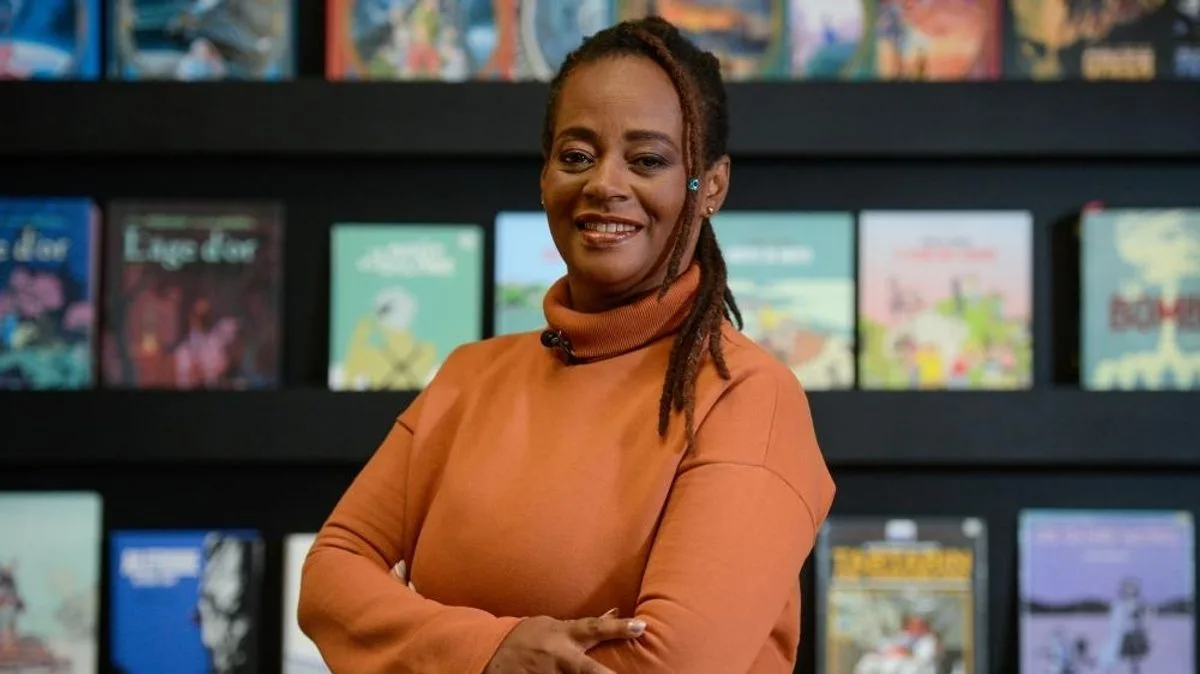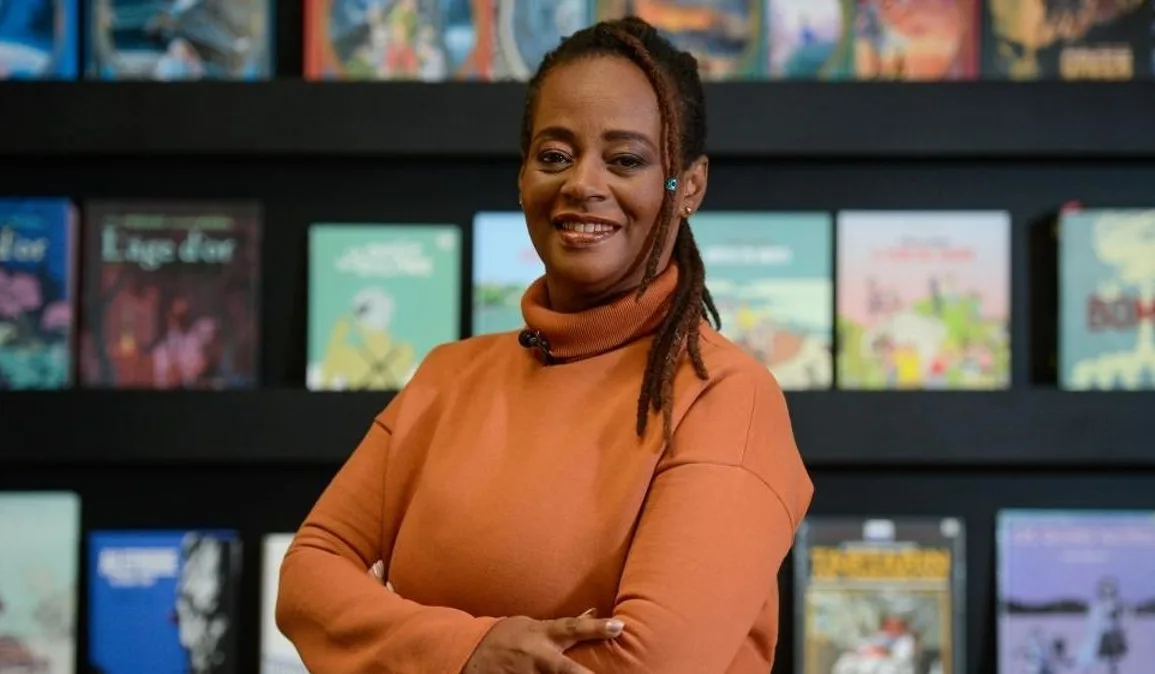
In the vibrant yet historically complex tapestry of Brazil, two women, Eliana Alves Cruz and Branca Vianna, embody the nation’s divergent narratives of ancestry and memory. Cruz, a descendant of Africans trafficked to Brazil, and Vianna, whose forebear was an enslaver, spotlight the enduring silence around Brazil’s African heritage and the burgeoning efforts to reclaim it.
Unveiling Silent Histories
While Cruz’s journey into her past revealed a lineage traced back to a West African woman brought to Brazil in the early 19th century, Vianna discovered her connection to a wealthy coffee plantation owner. This dichotomy in personal histories mirrors a broader national issue: the institutionalized erasure of African contributions to Brazilian society. Despite the abolition of slavery in 1888, subsequent actions, like the destruction of slavery-related documents by Ruy Barbosa, further obscured African-descendant Brazilians’ access to their heritage.
Seeking Roots in Modern Ways
Technological advances, such as affordable DNA testing, offer new avenues for Brazilians like Helton Simões Gomes to explore their ancestry. Gomes’s experience underscores a common yearning among Black Brazilians for a connection to their African roots, a quest often hindered by historical gaps. Meanwhile, initiatives by individuals like Vianna, who investigated her enslaver ancestor’s history, demonstrate a growing recognition of the need to confront and share this painful past.
Towards Reparation and Recognition
The conversation around reparations and racial literacy in Brazil is gaining momentum, highlighting the significance of acknowledging and learning from the past as steps towards healing. Activists and descendants of both the enslaved and enslavers are gradually opening dialogues and archives, contributing to a collective understanding of Brazil’s history. These efforts reflect a broader desire for reparations, not solely through financial compensation but through the empowerment of memory and identity for Afro-Brazilians.
The journeys of Cruz and Vianna, along with others seeking to bridge the gap between Brazil’s silenced histories and its present, offer a glimpse into the potential for healing and reconciliation. By embracing the full scope of its diverse past, Brazil moves closer to a future where all citizens can recognize and celebrate their ancestral contributions to the nation’s fabric.


